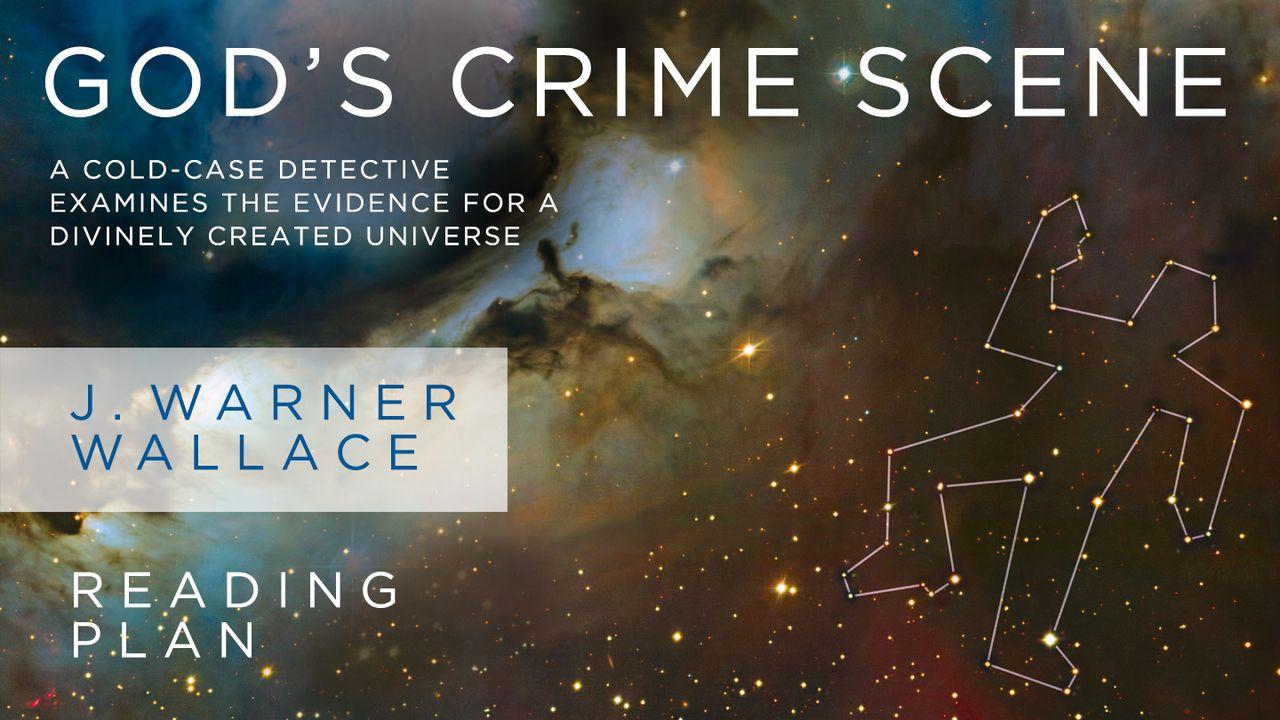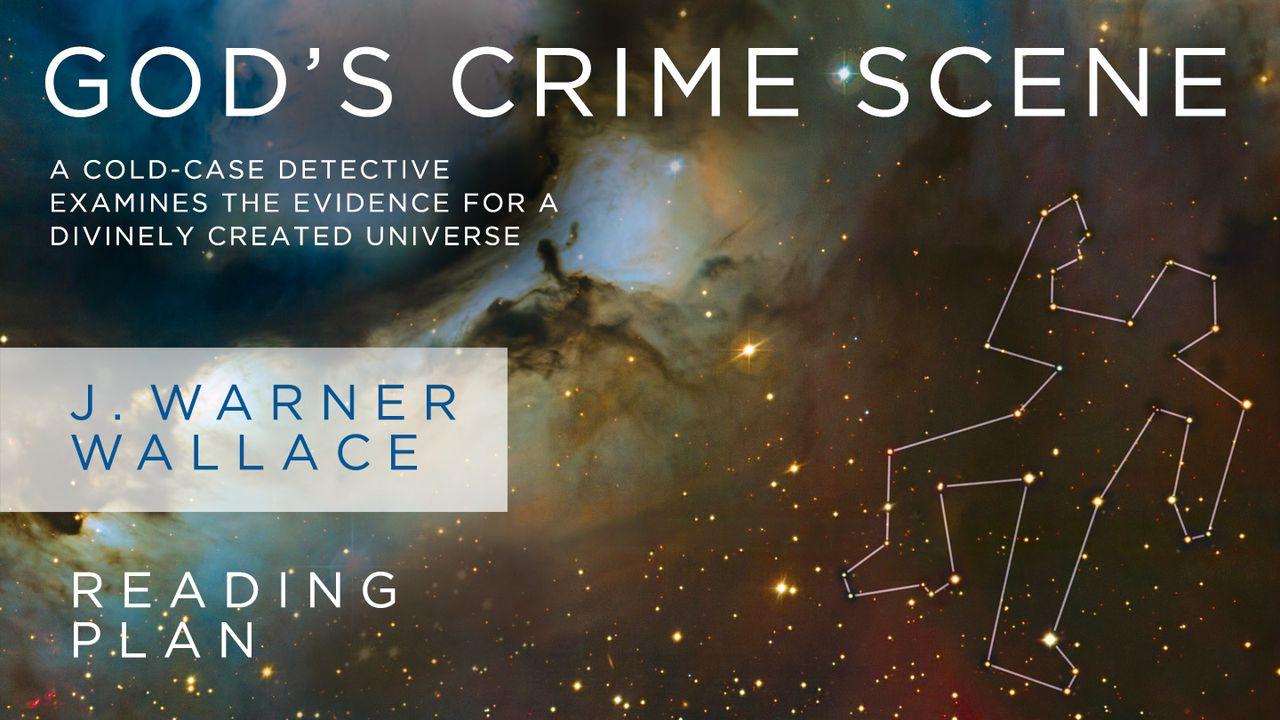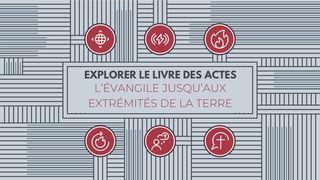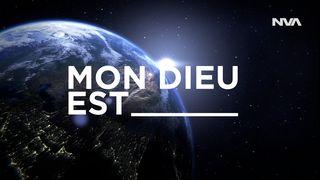Infos du plan
God's Crime SceneExemple

"What Does the Origin of the Universe Tell Us About A Cosmic Intruder?"
Our question is whether the universe had a beginning or is infinitely old. Any conclusion must take into consideration the various lines of evidence we’ve just explored: the philosophical evidence from the impossibility of infinite regress, the theoretical evidence from mathematics and physics, the observational evidence from astronomical data, the thermal evidence from the second law of thermodynamics, the quantitative evidence from the abundance of helium, and the residual evidence from the cosmic background radiation.
Given the quantity and diversity of this evidence, it is reasonable to infer the universe had a beginning; it is not infinitely old. The varied forms of evidence strengthen our case. As a detective, I recognize a simple evidential principle I call the diversity-certainty ratio. When multiple divergent lines of evidence all point to the same conclusion, you can trust you’re making a proper inference. The evidence for the beginning of the universe is decidedly diverse.
As astrophysics researcher Paolo Saraceno wrote, “The discovery of the background radiation, together with the observed abundance of helium, was a mortal blow to the theory of a stationary universe; only an initial fireball could have produced it. This meant the universe had an origin.”
At this moment of origin, commonly referred to as a cosmic singularity, all space, time, and matter came into existence from nothing. The Standard Cosmological Model accepted by physicists today is grounded on the foundational premise that our universe came into being from something beyond the space, time, matter, and energy of our universe. While thoughtful investigators may disagree about the precise age of the universe, we can be confident about its finite nature. This cosmological model is considered a “striking success”; it describes all the scientific (and philosophical) data, and “a clear majority of the cosmological community” has accepted it.
…the beginning of the universe cannot be explained from “inside the room.” The evidence points to a cause outside of space, time, and matter. Cosmologist Paul Davies, recognizing the dilemma presented by the evidence, wrote, “One might consider some supernatural force, some agency beyond space and time as being responsible … or one might prefer to regard the [beginning of the universe] as an event without a cause. It seems to me that we don’t have too much choice. Either … something outside of the physical world … or … an event without a cause.” This inference of a cause “outside the room” is reasonable, given the strength of diverse evidence for a caused universe and the inadequacy of efforts to stay “inside the room” of the universe for an explanation.
Écritures
À propos de ce plan

J. Warner Wallace, a cold-case detective, examines the evidence for a divinely created universe. Does the Evidence “Inside” the Universe Point to A God “Outside” the Universe? Taken from his new book God's Crime Scene.
Plans suggérés

La Vraie Prospérité Quand Vous Êtes Dans La Souffrance

Comment traverser une tempête?

Vous n'êtes pas disqualifié(e)

L’Évangile jusqu’aux extrémités de la terre

Comment se relever après la chute ?

Réflexions

3 clés pour devenir inébranlable

Mon Dieu est _ | Église Nouvelle Vie ados

Rebâtir Après L'épreuve - Principes Du Livre De Néhémie
